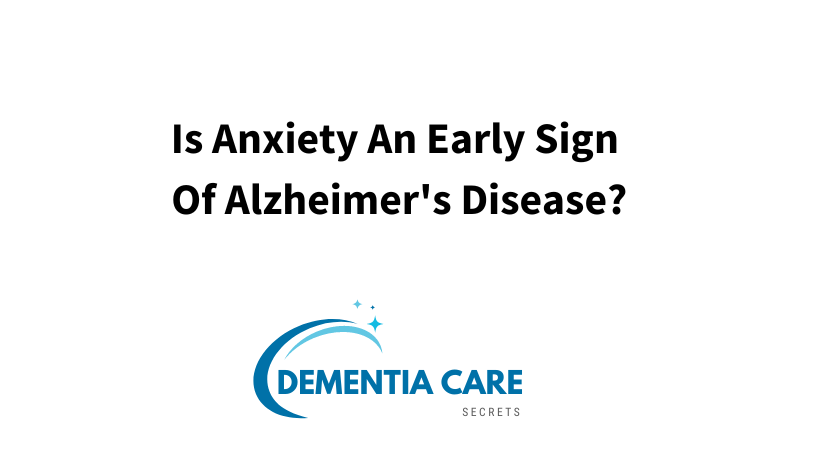Is Anxiety An Early Sign Of Alzheimer's Disease?

Anxiety can manifest in various ways and affect individuals differently. TV characters like Bones, Sherlock Holmes, and Piglet display different types of anxiety disorders, highlighting the relatability and impact of excessive anxiety in everyday life. Anxiety disorders are not easy to understand for those who don't experience them, and they cannot be simply overcome. Expressing and acknowledging feelings of anxiety can provide relief for individuals with anxiety disorders.
Recent studies suggest a potential link between worsening anxiety symptoms and the development of Alzheimer's disease. Researchers have observed higher levels of beta-amyloid proteins, associated with Alzheimer's, in the brains of older adults with anxiety disorders. Recognizing anxiety as an early sign of Alzheimer's can help individuals take preventive measures to protect their mental health. Targeting anxiety disorders may also help slow the progression of Alzheimer's.
Anxiety disorders can be caused by various factors, such as genetics, psychological issues, substance abuse, and chemical imbalances in the brain. Understanding the causes of anxiety disorders is crucial in developing personalized treatment plans. Different types of anxiety disorders include separation anxiety disorder, selective mutism, specific phobias, social anxiety disorder, panic disorder, agoraphobia, generalized anxiety disorder, obsessive-compulsive disorder (OCD), and post-traumatic stress disorder (PTSD).
Diagnosing anxiety disorders involves seeking professional help and undergoing physical exams and psychological evaluations. The diagnostic process helps identify the specific anxiety disorder and any underlying medical conditions. Treatment for anxiety disorders often involves a combination of medication and talk therapy. Antidepressants and serotonin uptake inhibitors can help manage symptoms, while psychotherapy provides support and coping strategies.
Overall, understanding the different manifestations of anxiety, recognizing its severity, and seeking appropriate treatment can help individuals manage anxiety disorders and potentially prevent the development of Alzheimer's disease.





